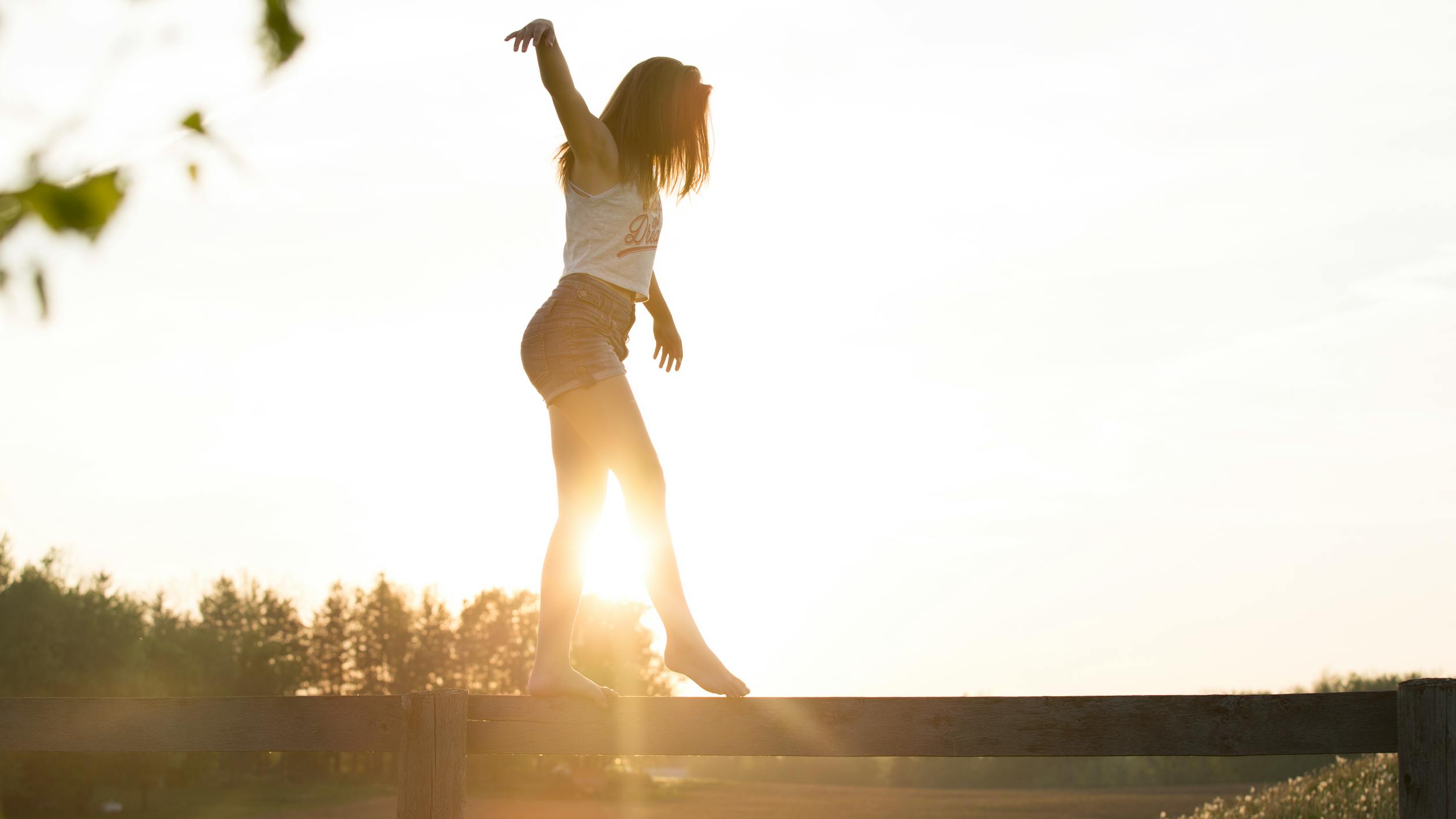Yes, aging also impacts our balance. And as we get older, as we pass the barrier of 40 or 50 years, a series of changes in our body intervene in many aspects of health, including the ability to keep our body upright, supporting ourselves with associated movements. with our motor skills.
Some of these changes that come from the aging process, and that do not necessarily occur to all human beings or in the same way, are, for example, the decrease in muscle mass, which impacts strength and balance, especially when we must make quick movements.
Likewise, changes in vision such as decreased visual acuity, common when we get older, affect the ability to maintain balance, as well as diseases such as diabetes or Parkinson’s and peripheral neuropathy .
Medline Plus, from the United States National Library of Medicine, points out that regardless of age, problems in the inner ear, infections, head injuries, alterations in blood circulation and even some medications can also affect balance . And, throughout life, it is important to pay attention to any changes in balance and take measures to maintain or improve it.
Why balance is important
Organizations and specialists frequently warn that one of the first causes of falls is loss of balance . And it is not about feeling for a moment that you cannot stand, but rather balance problems make us feel that our environment is spinning, unstable and consequently we can feel dazed, dizzy, or vertigo, etc. whether we are sitting or lying down.
In fact, some of the symptoms of balance disorders are also falling or feeling as if you are going to fall, staggering when you try to walk, feeling faint or floating, blurred vision, and confusion or disorientation, it is explained from the National Institute on Deafness and Other Communication Disorders, and add that nausea, vomiting, diarrhea, changes in heart rate and blood pressure, and even fear, anxiety or panic may also occur.
The thing is, as explained in a Mayo Clinic bulletin , many systems in the body are related to balance: muscles, bones, joints, eyes, the balance organ in the inner ear, the nervous, cardiac system. If something is not working well in our body, it may manifest itself through balance.
Optimizing our balance helps us improve our performance in physical activity and ensure a safer old age since we can prevent falls and incorrect body positions.
What to do to improve our balance
First of all, it is essential to highlight that, if we feel that something is not quite right with our balance, we consult with the doctor, who will be able to give an appropriate diagnosis and the respective indications.
In any case, if we do not have balance problems, it is valuable to optimize it. To do this, regular physical exercise is recommended, especially those focused on strengthening muscles, improving coordination and flexibility such as Pilates. It also helps to practice exercises that improve walking and also those that prioritize balance, such as tai chi, which also rejuvenates brain function.



